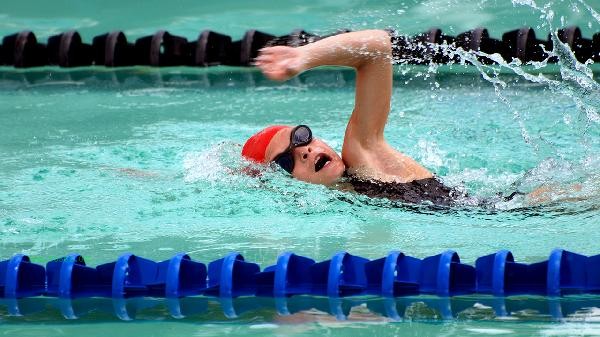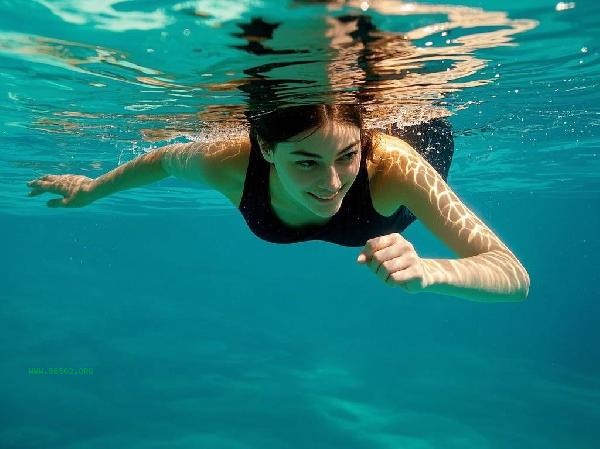Eating in moderation before swimming is more scientific than fasting or being full. Swimming on an empty stomach may lead to hypoglycemia, while swimming on a full stomach can cause gastrointestinal discomfort. It is recommended to choose easily digestible carbohydrates and a small amount of protein as a pre exercise meal. Complete fasting before swimming may lead to dizziness and fatigue due to insufficient energy, especially for individuals with low blood sugar. The human body burns a large amount of calories while swimming. If there is a lack of basic energy supply, muscle work efficiency may decrease, and it may also lead to overeating after exercise. But fasting can indeed promote fat burning, which is suitable for short-term low-intensity swimming to reduce fat. It is necessary to control the exercise duration within 30 minutes. Eating a large amount of food immediately before swimming can cause blood to concentrate and flow to the gastrointestinal system, which conflicts with the muscle's need for blood during exercise and may result in bloating, acid reflux, and even spasms. High fat and high fiber foods require longer digestion time, and meals should be completed at least 2 hours before swimming. If there is a strong sense of hunger before exercise, you can choose low glycemic index foods such as bananas and whole wheat bread, paired with a small amount of nuts or yogurt, which can stabilize blood sugar without increasing digestive burden.

It is recommended to adjust dietary strategies based on swimming intensity and duration. Swimming in the morning can be supplemented with honey water or sports drinks to replenish sugar, while swimming in the evening should pay attention to the interval between lunch and exercise. Regardless of the situation, it is important to replenish electrolytes and high-quality protein in a timely manner after swimming, such as drinking diluted salt water and eating eggs, chicken breast, etc., to help with muscle repair. Special groups such as diabetes patients should monitor blood sugar. Pregnant women should avoid fasting exercise. Teenagers should ensure adequate energy intake to support growth and development.









Comments (0)
Leave a Comment
No comments yet
Be the first to share your thoughts!